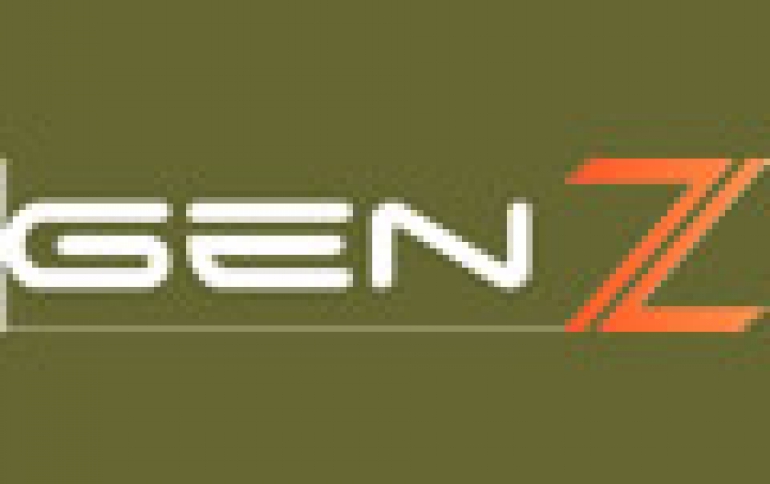
Gen-Z Consortium Releases Its Core Specification 1.0
The Gen-Z Consortium, an organization developing an open standard interconnect designed to provide high-speed, low latency, memory-semantic access to data and devices, released the Gen-Z Core Specification 1.0.
Available available on the Gen-Z Consortium's website, the
Gen-Z Core Specification 1.0 enables silicon providers and IP developers to begin the development of products enabling Gen-Z technology solutions.
The Gen-Z Consortium is a group founded by top-tier tech vendors including Hewlett Packard Enterprise, IBM, Dell EMC, AMD, Arm, and Cray. The companies wanted to create the next-generation interconnect that can leverage existing tech while paving the way for new ones at a time of rapid change within the computing industry.
Servers have become increasingly powerful in recent years, with more processing cores being added and accelerators like GPUs and field-programmable gate arrays (FPGAs) being added. However, a problem has been the enabling interconnect technologies to keep pace with server evolution.
The Gen-Z Consortium's group is to create universal protocol for accessing data that breaks the interlock between the CPU and memory and supports a broad array of media types without being tied into a single one.
The new interconnect technology offers high performance and low latency, and is scalable. Gen-Z operates at speeds in the realm of terabytes per second and is a protocol that can scale from point-to-point topologies up through switch topologies and into rack-scale, and it can do this without address to software complexity.
Gen-Z can also support multiple topologies, component types (the interconnect supports x86, Power and Arm architectures, as well as GPUs and FPGA accelerators) and use cases, including single enclosures, rack-scale enclosures and eventually clusters.
Gen-Z also allows the memory to be shared rather than be owned by the processor, and memory can be interleaved across multiple processors and aggregated to improve performance.
"Our membership has grown significantly throughout 2017, now totaling more than fifty members, and we are proud of the hard work that has culminated with the release of our first Core Specification," said Gen-Z President, Kurtis Bowman. "We anticipate great things in 2018 as silicon developers begin implementing Gen-Z technology into their offerings and the ecosystem continues to grow."















